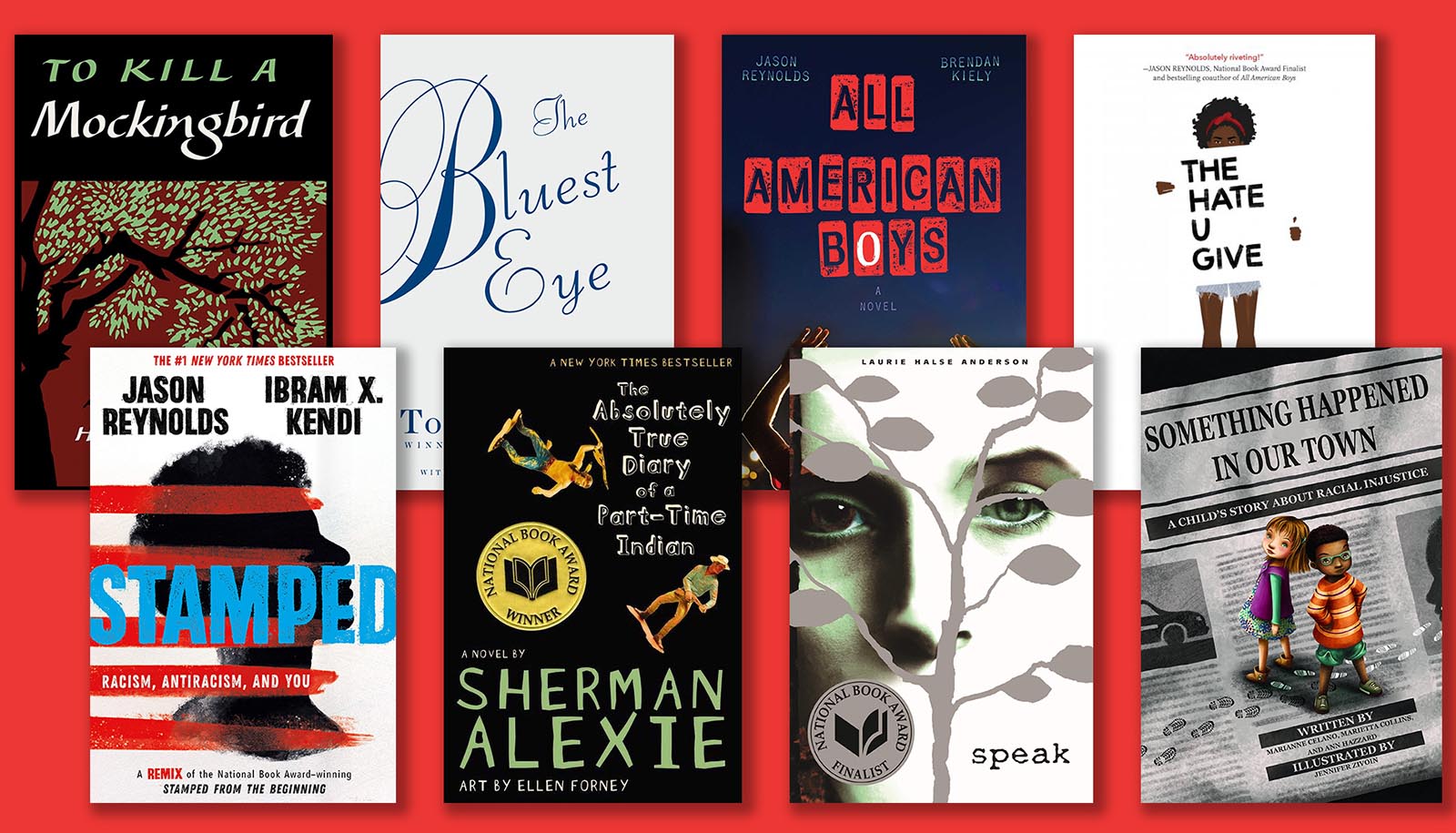
Educator Jennifer Wolf puts book banning in context, from Nazi book burnings to school board races.
Efforts to ban books in the United States have surged at a rate the American Library Association calls “unprecedented,” with attempts currently at their highest level since the organization began tracking them 20 years ago.
“One of the first Nazi book burnings took place at a clinic that researched and performed gender confirmation surgery and housed a library of books on the subject.”
A few high-profile examples: In January, a Tennessee county school board voted unanimously to remove the Pulitzer Prize-winning book Maus from eighth grade lessons on the Holocaust. Last fall, Virginia governor Glenn Youngkin made book banning a focal point of his successful 2021 campaign, targeting Toni Morrison’s novel Beloved. And Texas legislators recently passed HB 3979, which bans the teaching of any materials that could result in “discomfort, guilt, anguish, or any other form of psychological distress on account of the individual’s race or sex.”
Jennifer Wolf, a senior lecturer at Stanford Graduate School of Education (GSE), teaches courses in young adult literature, including a class on the genre for undergraduates interested in teaching or working with adolescents. She is also the director of undergraduate programs at the GSE (UP@GSE), which hosted a teach-in on book banning this spring.
Here, Wolf discusses how approaches to book banning have changed over the years, teachers’ responsibility to students when challenges arise, and the now-prominent role parents play in pushing for books to be removed from schools:
Source: Stanford University